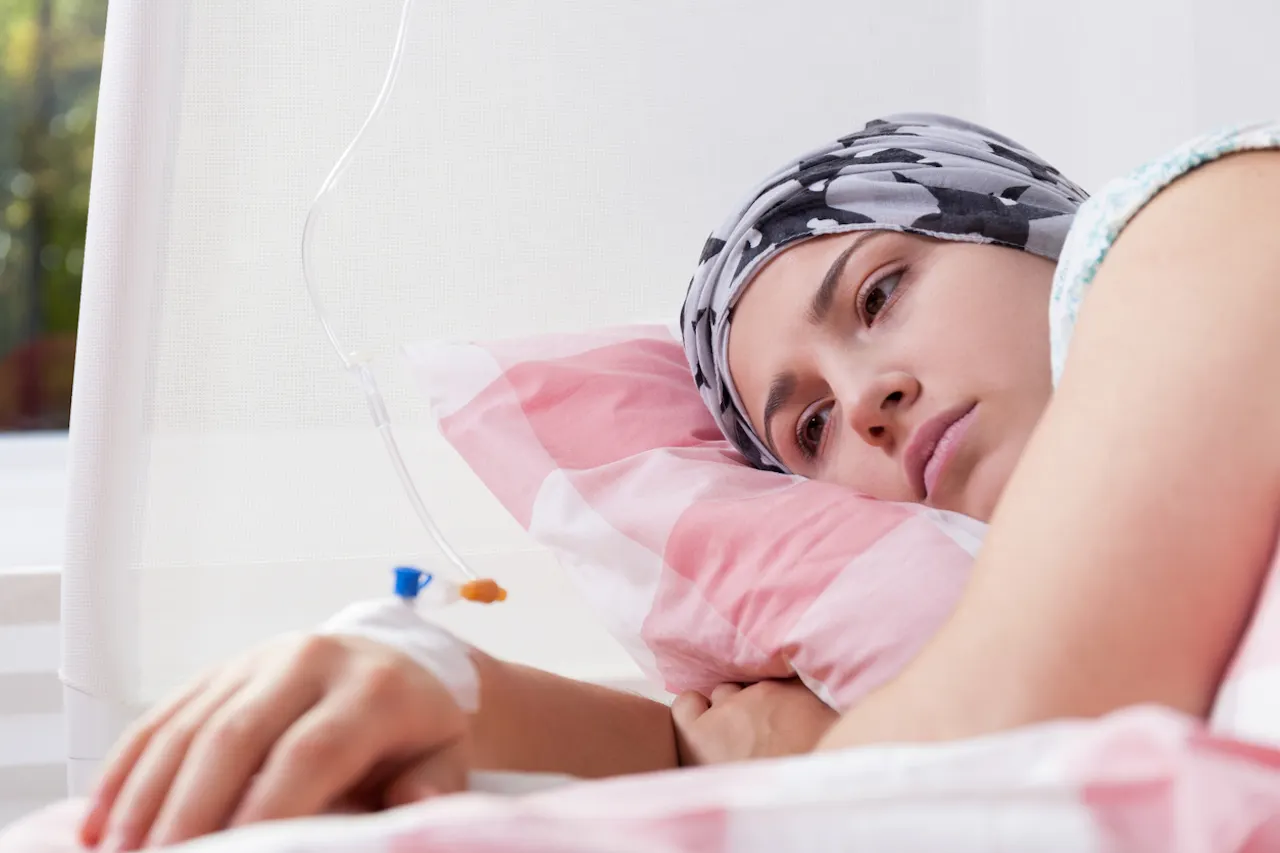The Impact of Loneliness on Cancer Survivors
Recent research led by the American Cancer Society sheds light on a concerning issue: loneliness among cancer survivors could significantly increase their risk of mortality. Published in the Journal of the National Comprehensive Cancer Network, the study delved into data from 3,447 cancer survivors aged 50 and above, gathered between 2008 and 2018 through the Health and Retirement Study.
Key Findings: Loneliness and Mortality
Using the UCLA Loneliness Scale, researchers categorized loneliness levels from none to severe. The results were striking: those reporting higher levels of loneliness faced a substantially greater mortality risk. Jingxuan Zhao, a senior associate scientist at the ACS and study author, highlighted the consistency of these findings with prior research on loneliness’s impact on mortality in the general population.
Implications and Recommendations
The robustness of these findings surprised researchers, emphasizing the urgent need for interventions to address loneliness among cancer survivors. With over 18 million cancer survivors in the U.S. and an expected increase to 22 million by 2030, the stakes are high.
Addressing Loneliness: Call for Action
To mitigate this risk, the study advocates for enhanced screening programs and improved social support for cancer survivors. Zhao stresses the importance of coordinated care among healthcare providers to ensure timely screening and intervention for loneliness.
Aligning with Public Health Initiatives
The study’s timeliness coincides with recent efforts, such as the U.S. Surgeon General’s Advisory on the Healing Effects of Social Connection and Community, which underscored the detrimental effects of loneliness on individuals and public health.
Investing in Support Services
Lisa A. Lacasse, president of the ACS’ Cancer Action Network, highlights the significance of investing in patient navigation services to address survivors’ social and emotional needs, ensuring they don’t face cancer alone.
Insights from Mental Health Professionals
Diana Santiago, a licensed clinical social worker, underscores the broader loneliness epidemic among older adults, emphasizing the need for comprehensive support beyond just cancer survivors.















































